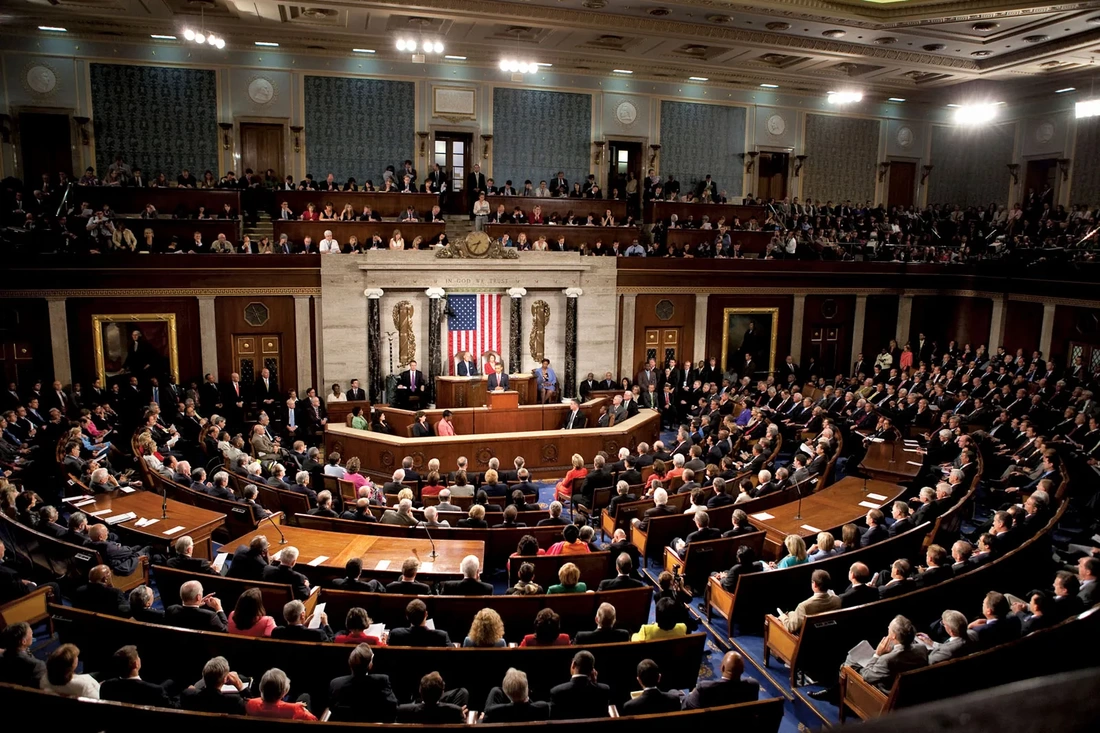|
Diversity of thought has been widely promoted in recent times, as a mechanism to supposedly increase decision quality in boardrooms. Superficially, the idea of thinking differently is a positive evolutionary development from earlier efforts (think: women on boards) to break what is often described as the Old Boys' Club. That the discourse and intent has begun to move beyond appointing directors on the basis of physical attributes is helpful. And yet, the idea of 'diversity of thought' has long troubled me. How does anyone know what I am thinking, or anyone else in the boardroom for that matter? And what is diversity in this context anyway—me having different thoughts, or several of us thinking differently? Crucially, what of any link to the board's work and purpose, which is to provide steerage and guidance to achieve a strategic goal? Researchers have published correlations based on specific datasets, but the general case (a reliable linkage between demographic diversity and organisational performance) remains elusive. The somewhat amorphous 'diversity of thought' is similarly afflicted. Recently, cognitive diversity (that is, different ways of processing information and approaching problems) has been suggested as a more reliable mechanism to achieve higher quality decisions and, by implication, outcomes. This sounds positive, but reliable explanations are yet to emerge. Why is this so hard? Could the paucity of reliable explanations (of the relationship between board work and company performance) be due to researchers, directors' institutions and others trying to explain board work and develop 'best practice' models looking in the wrong place or using inappropriate tools? What if hypothetico-deductive techniques (in search of a deterministic best practice approach to some aspect of board work) are laid to one side and methods more common in social science used (critical realism or contingency theory, for example)? Should researchers embrace the idea that boards are social organisms, and that governance is a mechanism activated by the board? For the record, I employed critical realism, long-term observational techniques and contingency theory when researching boards a decade ago, as part of my doctoral research. The study was ground-breaking for it revealed new insights about board work including an explanatory framework. If you want to learn more about this study, check my thesis (academic-speak) or this article (plain-speak). In the past few weeks, I have picked up the question again (thanks to a wandering mind on long haul flights!), and have begun to wonder if fractals and chaos theory might offer a viable pathway to developing a theory of board work. Whether this might be a fruitful search or a blind alley remains unclear. Regardless, my mission is to help boards govern with impact, so the least I can do is dig further. And dig I shall. One request: If you know about fractals, or know of anyone who possess such expertise—especially in relation to social phenomena—could we schedule a call please? I'm starting from a pretty low base!
0 Comments
News has emerged in recent days that the United States House of Representatives is moribund—all for the lack of a Speaker. The Speaker is the person who presides over the House; they are, in effect, the administrative head. But for several weeks now, the House has been without a Speaker—since Kevin McCarthy was removed on 3 October by a motion to vacate. The move, which was unprecedented, has left the House in a precarious position. While several replacements have been considered, none have been appointed. And, without a Speaker, the business of the House cannot proceed. This includes appropriations, to cover expenditure on 'projects' such as the Hamas–Israeli conflict and the Ukraine war. The situation highlights a stark weakness in the system, whereby the US Government system has a single point of failure baked in. Imagine the outcry if a company's decision-making processes stalled, for the lack of a board chair or an unexpected vacancy in the CEO role. Staff, customers, suppliers and shareholders would be upset, and rightly so. The potential for reputational damage would be high as well. Smart companies anticipate such problems by thinking ahead; they appoint deputies and establish succession plans and delegation frameworks to be activated in the event the chair, CEO or key leader is unavailable or unable to serve. And so to the core question: Does your company have appropriate succession and delegations in place, to ensure decision-making continuity when a key leader cannot contribute? If so, that is great. But if not, now might be a good time to put things in order.
|
SearchMusingsThoughts on corporate governance, strategy and boardcraft; our place in the world; and other topics that catch my attention. Categories
All
Archives
May 2024
|
|
Dr. Peter Crow, CMInstD
|
© Copyright 2001-2024 | Terms of use & privacy
|



